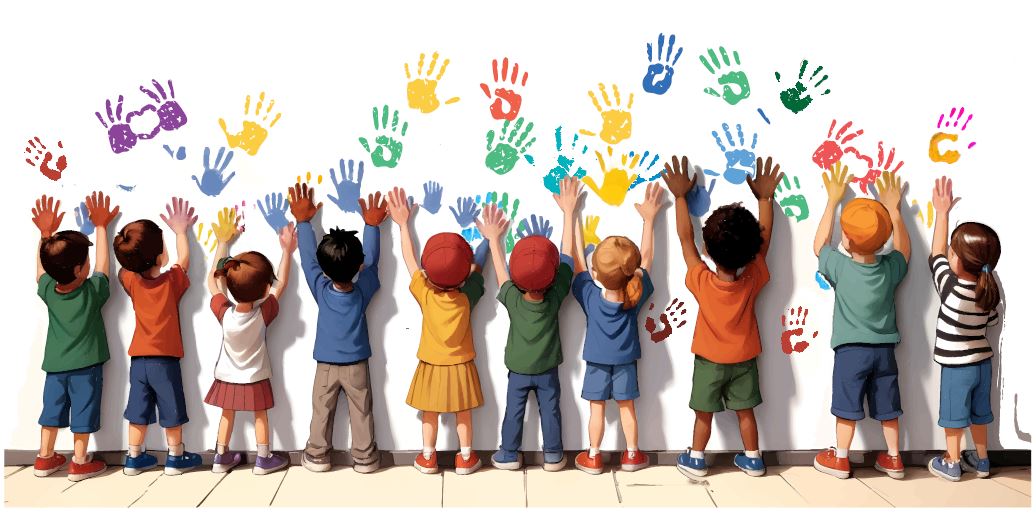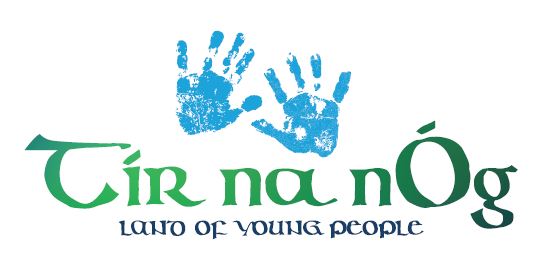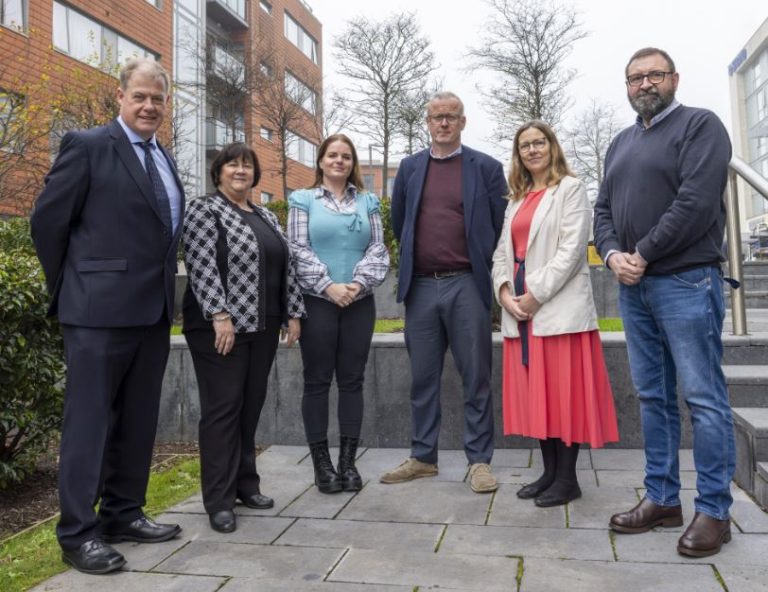THRIVE: Heritage-Led Regeneration in Waterford

Waterford’s rich history is taking a bold step into the future with THRIVE, a heritage-led regeneration initiative bringing new life to historic town centres across Ireland. Supported by the Town Centre First Heritage Revival Scheme, THRIVE is part of Ireland’s European Regional Development Fund (ERDF) Regional Programmes.
As one of five urban centres selected for this ambitious programme, Waterford is set to revitalise one of its most significant architectural buildings—18 Lady Lane, an early 18th-century townhouse in the heart of the Viking Triangle. Under THRIVE, this historic building will be reimagined as Tír na nÓg, an immersive cultural experience celebrating childhood in all its forms—past, present, and future.
A Vision Rooted in Heritage, Sustainability, and Inclusion
At its core, THRIVE aligns with the principles of the New European Bauhaus, an EU initiative that integrates sustainability, aesthetics, and inclusivity into urban development. Waterford City and County Council has long championed a heritage-led approach to urban renewal, and the Tír na nÓg project embodies this vision by merging conservation with cultural experience.
According to Morris Conway, Senior Architect with Waterford City and County Council:
“This is a project that promotes heritage and cultural experiences for younger generations. It builds on the outreach work of our museums, libraries, and community programmes, ensuring that children and young people feel engaged and connected to their past.”
The project is also driven by social sustainability, aiming to make cultural institutions more accessible, inclusive, and engaging for all. Traditional museum experiences often cater to passive observation, but Tír na nÓg will create dynamic, hands-on interactions that invite curiosity, creativity, and critical thinking.

18 Lady Lane: A New Life for a Historic Building
Built in 1725, 18 Lady Lane is a fine example of an early Georgian townhouse. Originally home to a family of bakers, the building has remarkably retained its original features, including stucco ceilings, grand staircase, and period façade. THRIVE funding ensures that these elements are preserved and celebrated, while the interior is adapted for a child-centred, interactive experience.
The design concept incorporates both historical and modern storytelling techniques. Visitors will enter a living ‘doll’s house’, where digital screens in the windows will create the illusion of life inside. The rear garden will be transformed into a terraced café and children’s play space, seamlessly integrating heritage conservation with modern-day community engagement.
Tír na nÓg: An Experience Like No Other
Tír na nÓg—named after the mythical “Land of the Young”—is designed to be an immersive journey through the concept of childhood.
The experience will explore historical narratives, cultural traditions, and the evolving role of children in society.

Interactive Galleries and Exhibits
Visitors will engage with a series of interactive exhibits, including:
- The Childhood Timeline: A historical journey exploring how childhood has changed over centuries, using holographic storytelling and AI-driven interactive displays.
- The Two Childhoods of 18 Lady Lane: Contrasting the experiences of Eva, a privileged child from the 18th century, with Pat, a working-class boy, whose life revolved around survival.
- The Play and Learning Space: A hands-on exhibition showcasing toys from different eras, allowing visitors to see how childhood entertainment has evolved.
- The Young Archaeologist Zone: A discovery-driven sandpit excavation, where children can ‘unearth’ historical artefacts.
- Storytelling and Performance Areas: Dedicated spaces for puppet shows, theatre, and music, fostering cross-generational engagement.
- The Art and Identity Gallery: Encouraging self-expression through interactive digital art, allowing children to see themselves in historical portraits.
THRIVE: A Space for the Community
Designed as a living, breathing cultural space, Tír na nÓg will also function as:
- A venue for children’s birthday parties and school visits.
- A multi-purpose performance space for community events.
- A café and retail area, designed to be financially sustainable and welcoming to all.
Funding and Strategic Support
Tír na nÓg is co-funded by the Government of Ireland and the European Union under the ERDF Southern, Eastern & Midland Regional Programme 2021-27. The THRIVE programme provides financial support to Irish local authorities to restore derelict heritage buildings, breathing new life into urban centres.
Previous regeneration projects in Waterford’s Viking Triangle—such as the Museum of Time, The Irish Wake Museum, and the Bishop’s Palace Museum—demonstrate how strategic investment in heritage can drive economic, cultural, and social revival.
Tír na nÓg is the next phase in this award-winning transformation.
Looking to the Future
The THRIVE initiative represents more than just conservation—it is a commitment to innovation, sustainability, and cultural engagement. By placing children and young people at the heart of the experience, Tír na nÓg will inspire new generations to explore their heritage, question the world around them, and shape the future.
As Professor Louise Richardson, DBE, patron of the project, notes:
“We need to invest in our young, to challenge them, and to create learning opportunities. This project is about inspiring children to take the road less travelled—to think, question, and dream.”
Waterford’s past is being reimagined for the future.




